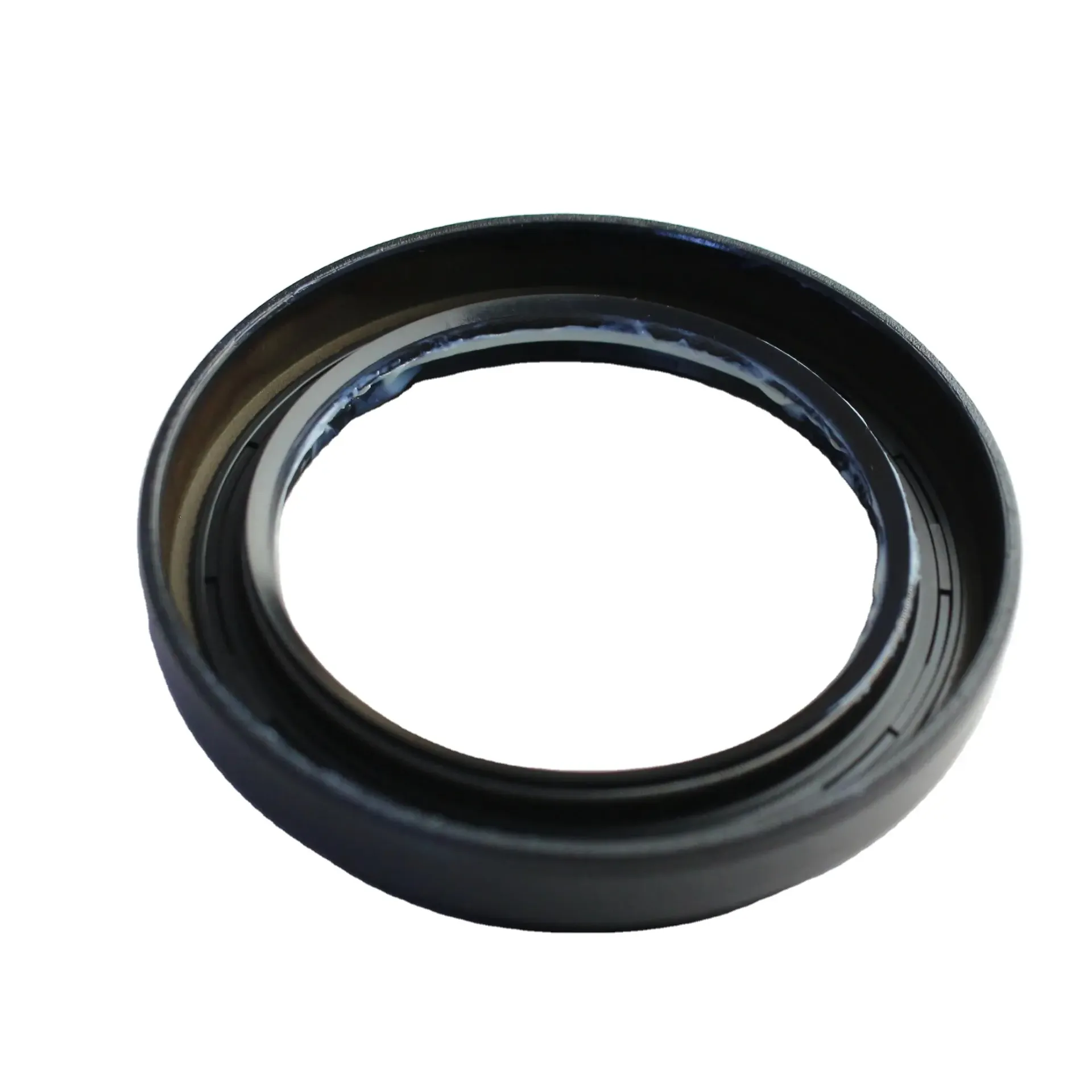oil cooler gasket 7.3 powerstroke
Understanding the Importance of Oil Cooler Gaskets in the 7.3 Powerstroke Diesel Engine
The 7.3 Powerstroke engine, widely recognized for its reliability and performance in heavy-duty applications, remains a favorite among diesel enthusiasts and truck owners. One critical component in ensuring the engine operates efficiently is the oil cooler gasket. This article explores its significance, common issues associated with it, and maintenance tips to enhance the longevity of your 7.3 Powerstroke.
What is an Oil Cooler Gasket?
The oil cooler gasket serves as a crucial seal between the engine’s oil cooler and the engine block. It is responsible for preventing oil leaks, maintaining proper oil pressure, and ensuring effective cooling of the engine oil. In a diesel engine like the 7.3 Powerstroke, the oil cooler plays an essential role in maintaining optimal operating temperatures, especially during heavy towing or prolonged idling, which can elevate engine temperatures significantly.
Why is it Important?
1. Maintaining Oil Pressure The oil cooler gasket prevents oil from leaking out of the engine, ensuring that there is adequate oil pressure circulating throughout the engine. Proper oil pressure is vital for lubricating engine components, reducing friction, and ultimately prolonging the engine's life.
2. Temperature Regulation The oil cooler's primary function is to cool the engine oil. A functional oil cooler gasket ensures that the oil flows through the cooler without interruption, maintaining the appropriate operating temperature. This is particularly important for the 7.3 Powerstroke, which is often used in demanding applications.
3. Preventing Contamination A compromised gasket can lead to cross-contamination of oil and coolant, which can severely affect the engine's performance and lead to costly repairs. Keeping the oil and coolant systems separate is crucial to maintaining engine integrity.
Common Symptoms of a Failing Oil Cooler Gasket
Identifying signs of a failing oil cooler gasket early can save you from extensive repairs later. Here are some common symptoms to look for
1. Oil Leaks One of the first signs of a failing gasket is visible oil leaks around the oil cooler. If you notice engine oil puddling under your truck, it’s time to inspect the gasket.
oil cooler gasket 7.3 powerstroke

2. Coolant in Oil If you notice a milky substance on your dipstick, it could indicate that coolant is mixing with oil due to a failed gasket. This contamination can harm engine components and must be addressed immediately.
3. Overheating Increased engine temperatures can signal that the oil cooler is not functioning correctly. If the oil cooler gasket is compromised, the oil may not be adequately cooled, leading to overheating.
4. Reduced Engine Performance If you notice a decrease in power or engine performance, it might be related to oil pressure issues caused by a failing gasket.
Maintenance and Replacement Tips
To maximize the lifespan of your oil cooler gasket and overall engine health, consider the following maintenance tips
1. Regular Inspections Periodically check for oil leaks and signs of contamination. Early detection of issues can help prevent more extensive damage.
2. Flush the Coolant System Maintaining a clean and well-flushed coolant system can prevent build-up that may stress the oil cooler gasket.
3. Use Quality Parts When replacing the oil cooler gasket, always opt for high-quality components that meet OEM specifications. This will ensure a proper seal and enhance durability.
4. Professional Installation If you are not experienced with engine repairs, it is advisable to have the oil cooler gasket replaced by a professional. Proper installation is crucial to avoid further complications.
Conclusion
The oil cooler gasket is an integral part of the 7.3 Powerstroke engine, contributing to its overall performance and reliability. Regular maintenance and timely replacement of faulty components can prevent costly repairs and extend the life of your engine. Whether you are a casual driver or a heavy-duty user, understanding and caring for your oil cooler gasket can significantly contribute to your vehicle's longevity and performance. Prioritizing this small but mighty component ensures that your 7.3 Powerstroke remains a powerful and efficient machine for years to come.
-
Understanding the Front Main Engine Seal: Purpose, Maintenance, and Installation
News Jul.29,2025
-
Understanding O-Rings and Seal Rings: Types, Applications, and Custom Solutions
News Jul.29,2025
-
Understanding Crankshaft Oil Seals: Rear Seals, Pulley Seals, and Their Role in Engine Integrity
News Jul.29,2025
-
The Importance of Front and Rear Crankshaft Seals in Engine Performance and Oil Management
News Jul.29,2025
-
Crank Oil Seals: Functions, Types, and Cost Considerations in Engine Maintenance
News Jul.29,2025
-
A Comprehensive Guide to O-Rings and Seals: Types, Materials, and Global Applications
News Jul.29,2025
-
Mastering Diesel and Performance Engine Maintenance: A Guide to Critical Oil Gaskets
News Jul.28,2025
Products categories















